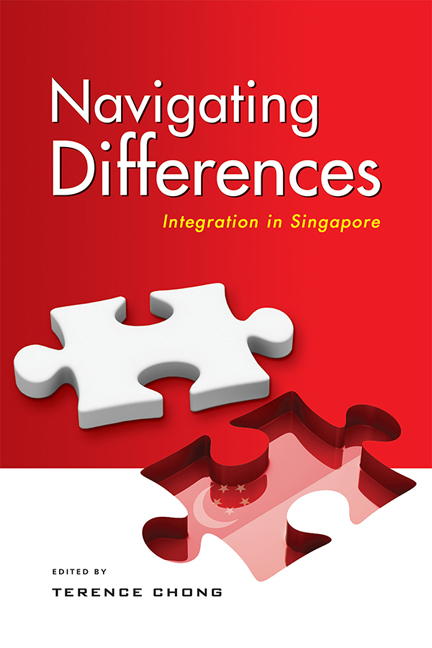6 - Singapore Malays: State-Community Relations, Complexities and Possibilities
Published online by Cambridge University Press: 24 November 2020
Summary
INTRODUCTION
“Every citizen, Chinese, Malay, Indian or some other race, should know that someone of his community can become President, and in fact from time to time, does become President,” asserted Prime Minister (PM) Lee Hsien Loong in explaining the People's Action Party (PAP) government's decision to reserve the 2017 Presidential Elections (PE) for Malay candidates. The decision, unsurprisingly, garnered a mixed reception from Singaporeans. While some were pleased with the prospect of the first Malay president in more than forty-six years, others lamented the move to be, at best, unwise, and, at worst, politically motivated. After all, the previous PE in 2011 was a hard-fought four-way contest with the PAP-preferred candidate, Dr Tony Tan, former Deputy Prime Minister, winning just 35.2 per cent of the votes, with his closest challenger Dr Tan Cheng Bock, a former PAP member of parliament (MP), attaining 34.9 per cent of the vote share. There was speculation in some quarters that the decision to reserve the 2017 PE for Malay candidates was to, in fact, prevent Dr Tan Cheng Bock, who had become a vocal critic of the party he had since left, from putting himself up as candidate again and to pave the way for a PAP-preferred candidate. Eventually, former PAP stalwart and Speaker of Parliament, Halimah Yacob, became President after the two other Malay candidates who had expressed interest in contesting were deemed to be ineligible by the Elections Department. To be fair, not all reservations over the 2017 PE were cynical grumblings. Some expressed the genuine concern that making exceptions for a particular ethnic group for an office as important as the Presidency was a contradiction of the principle of meritocracy that many Singaporeans hold sacrosanct. The government, while acknowledging that many held this concern, disagreed that meritocracy had been ignored. Then Minister-in-Charge of Muslim Affairs, Dr Yaacob Ibrahim, noted that the move was opposed by some Singaporeans who felt that it was “against the strain of meritocracy as they believe in”, yet in the same speech, averred that Singaporeans “do not want, and cannot accept, tokenism”.
The 2017 reserved PE is an important episode for the Malay community as it encapsulates much of the long-held concerns of Singaporean Malays living in a Chinese majority nation.
- Type
- Chapter
- Information
- Navigating DifferencesIntegration in Singapore, pp. 91 - 109Publisher: ISEAS–Yusof Ishak InstitutePrint publication year: 2020

